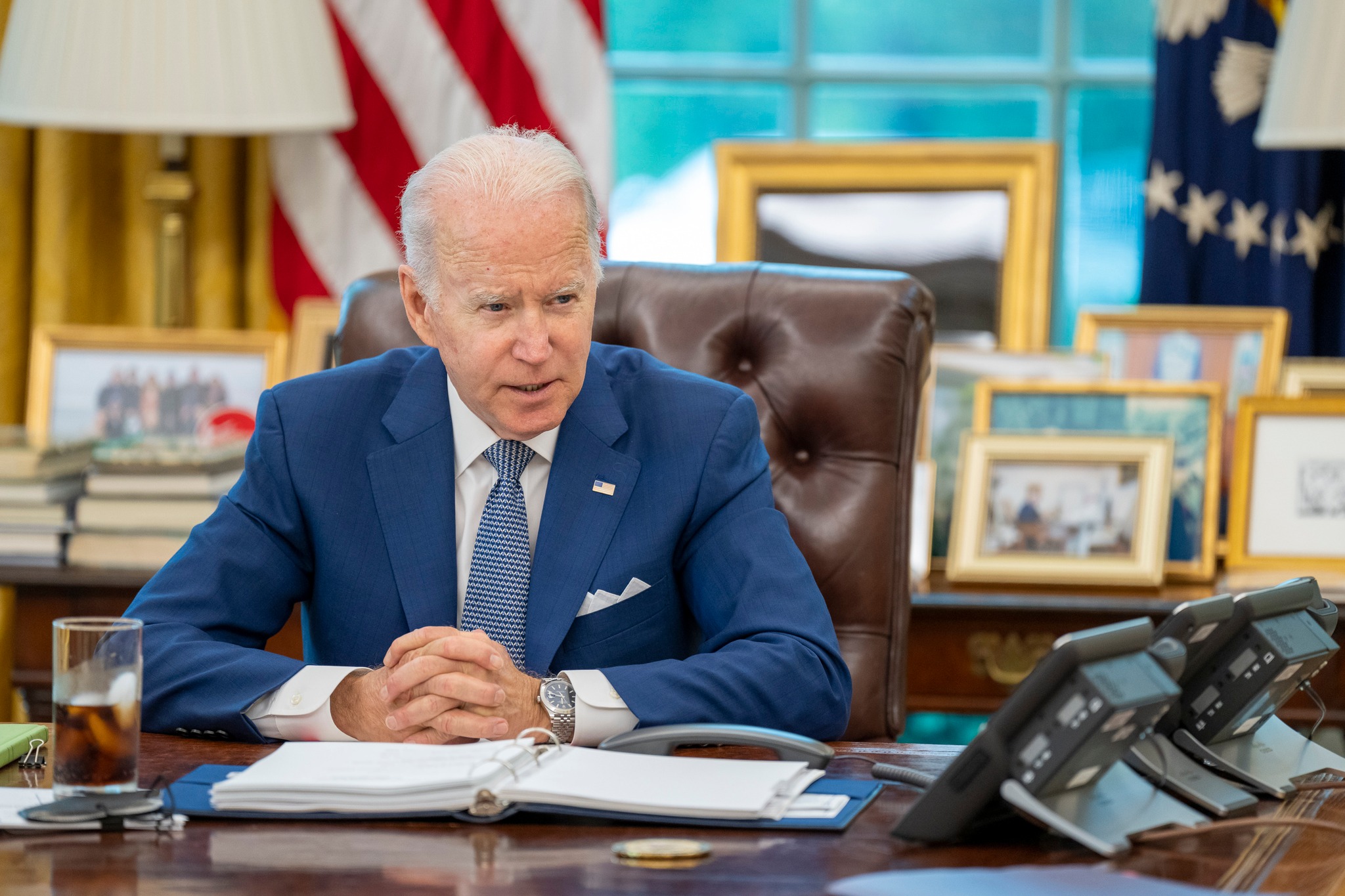Why does Biden want to lift Trump’s tariffs against China?

The Biden administration would like to eliminate some tariffs on China imposed by Trump, to help lower inflation. But the unions (and some members of the government) are against it. All the details
The White House announced on Tuesday that Joe Biden's administration has yet to make a decision on the removal of some tariffs imposed by former President Donald Trump on China, a major US trading partner.
INFLATION AND TRADE UNIONS
The move should serve to encourage the lowering of the inflation rate: in May it was 8.6 per cent, the highest level in forty years. The Trade Representative's office, however, has received over four hundred requests from American industrial entities asking for the maintenance of tariffs on Chinese imports: they are worth 370 billion dollars in all, and have been applied by Trump on the basis of the Section 301 of the Trade Act of 1974.
In particular, a group of twenty-four unions – such as the AFL-CIO, the largest trade union organization in the country – said they did not want the tariffs to be canceled. Biden cannot ignore this request, because the political support of the unions is very important to him (he also tends to define himself as the most union-friendly president ever).
A MORE "STRATEGIC" APPROACH
Regarding the possibility of removing tariffs on China, or part of them, White House spokeswoman Karine Jean-Pierre explained that “the previous administration imposed these tariffs in a random and non-strategic way. So we want to make sure we have the right approach ”.
The spokesperson's statements seem to say that the Biden administration, unlike the previous one, is seeking a more focused approach to commercial competition with China. Therefore, duties should not be applied indiscriminately, but on the contrary only concern certain goods deemed to be of critical importance for Beijing's development (Jean-Pierre in fact used the adjective "strategic").
A NEW COMMERCIAL SURVEY
Anonymous sources told Reuters that the Biden administration is considering whether to combine the removal of some tariffs with the opening of a new investigation (also based on Section 301) on public subsidies granted by China to companies, to increase its relevance. in key industries such as semiconductors .
The investigation would take up to a year and could lead to the imposition of new tariffs. According to Reuters sources, Biden could thus claim that "his" tariffs are more focused than those of Trump, which also affect consumer goods such as cotton sweaters, bicycles and Wi-Fi routers.
WHAT BIDEN WILL DO
According to POLITICO sources, the Biden administration will likely announce the removal of tariffs on a small number of Chinese imports later this month. The secretaries of Commerce and the Treasury, however, would like to eliminate most of the tariffs, both to contain inflation and to show the voters – in November there will be the important mid-term elections – that the president is working hard concretely to lower the cost of living, the main concern of Americans.
POLITICO writes that Biden's plan on Chinese tariffs is divided into three phases. First, there will be the removal of a limited number of tariffs, probably those on consumer goods, with a total value of 10 billion. Then, the administration will open a duty-free mechanism for American companies that meet the requirements. Finally, an investigation into Chinese public subsidies and unfair competition from Chinese companies will be announced, possibly leading to tariffs on technological devices such as batteries and microchips.
THE POLITICAL SUB-TEXT
This narrow and focused approach to trade competition with Beijing appeals to the Trade Representative, the Secretary of Labor and the unions, all of whom are in favor of tariffs on Chinese goods to protect American manufacturing. Furthermore, according to Trade Representative Katherine Tai, canceling the tariffs in question, in addition to not reducing inflation significantly, would damage the US government's negotiating leverage in talks with China.
This is a machine translation from Italian language of a post published on Start Magazine at the URL https://www.startmag.it/primo-piano/biden-dazi-cina/ on Wed, 06 Jul 2022 08:04:27 +0000.
